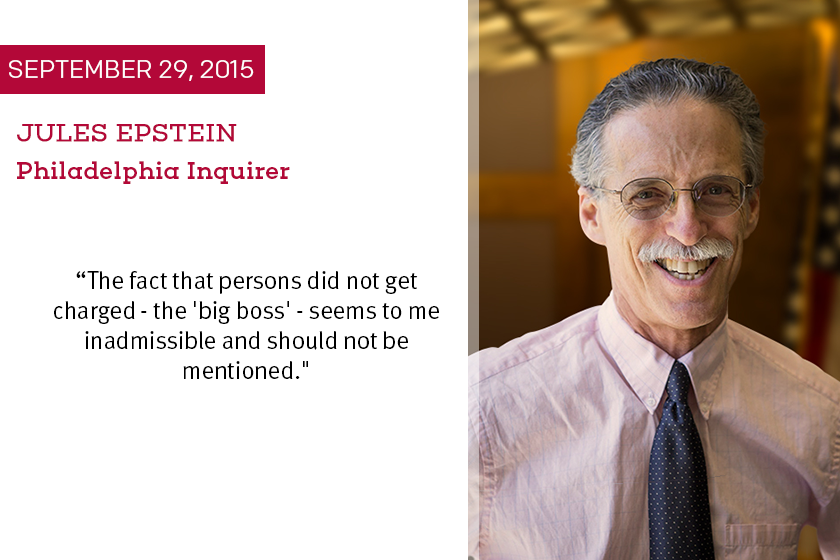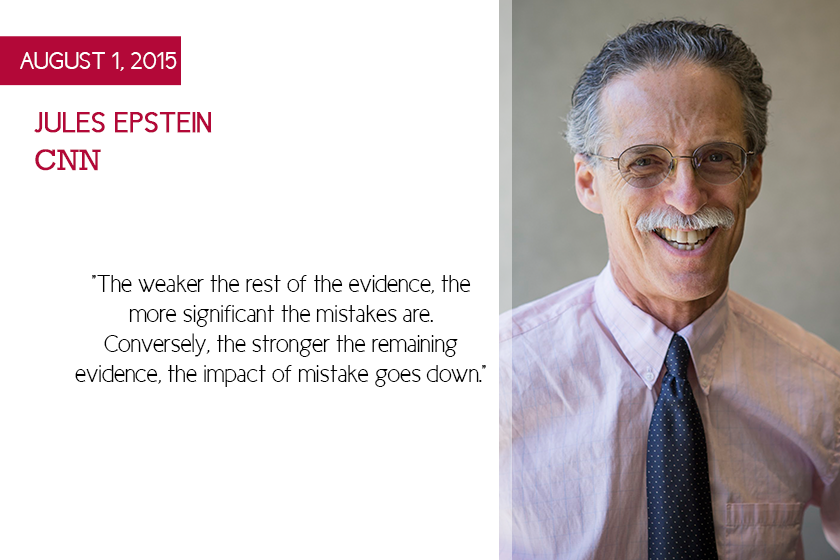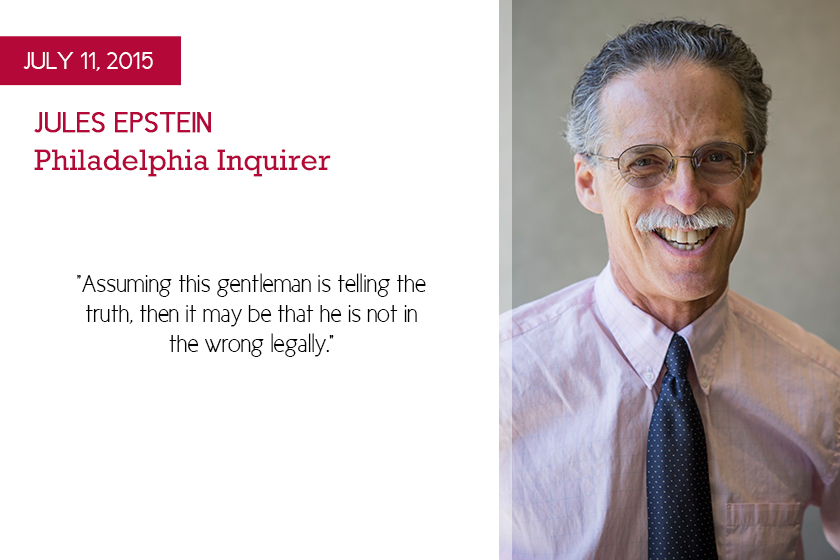The Ashley Madison “Hack” and Witness Character
The Ashley Madison website self-describes as “the most famous name in infidelity and married dating.” https://www.ashleymadison.com/ (last visited August 27, 2015). The hacking of the website resulted in the release of the names of tens of millions of subscribers – individuals who joined the website with the ability and apparently the intent to seek out a partner for an adulterous encounter, be it one-time or ongoing. And if one of those individuals were to now be a witness in a trial, would the act of registering an interest in or seeking out an adulterous relationship be admissible as an attack on credibility? To answer the question requires a parsing of the language, theoretical underpinnings and application of Federal Rule of Evidence 608(b). Before discussing the Rule, practitioners need to be chided for its apparent underuse. Available in many jurisdictions [Pennsylvania being a notable exception] as a tool for attacking witness credibility, its limited role in the litigator’s toolkit is confirmed in evidence lectures, when practicing lawyers and judges show unfamiliarity with the rule; and arguably …









